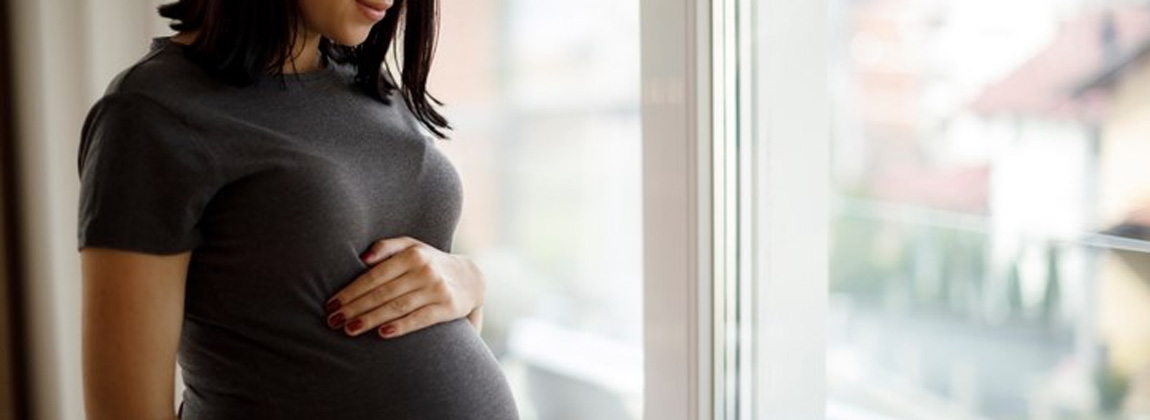Celebrating Mother's Day and Mental Health This May

There are so many reasons to love May — the return of the Downtown Farmer’s Market, celebrating Mother’s Day and the observance of Maternal Mental Health Month in Iowa! Greater Des Moines (DSM) is a great place for moms of all ages, but especially for moms-to-be and those with new families. Healthy moms mean healthier families, so here are some tips on how to stay physically and mentally well through pregnancy and beyond.
Tips for Moms
Stay Hydrated
Whether you’re outdoors browsing booths at The Market or nesting inside and napping, be sure to drink plenty of water. Dehydration can cause Braxton-Hicks contractions and send many women to the hospital thinking they’re in labor. If you’re feeling uncomfortable, sit down and drink at least two glasses of water to see if hydration helps.
Head Outside
Walking is not only great exercise during pregnancy and the postpartum period, being outdoors can boost your mood. Perinatal mood and anxiety disorders (PMADs) including postpartum depression and postpartum anxiety affect one in five moms, and that number is estimated to be much higher due to social distancing. Even brand-new babies enjoy shaded stroller walks, so hitting the pavement can help break up those bleary-eyed first weeks when you’re not quite sure what day it is.
Count Your Kicks
Founded right here in DSM by five mothers, the free Count the Kicks app makes it super simple to track baby’s movements during the third trimester.
Keep Your Appointments
Regular visits to your OB/GYN or midwife are important to monitor the health of your pregnancy. Your provider can help you identify healthy foods to eat to gain weight while pregnant, and they’ll screen you at every visit for signs of pre-eclampsia. Scheduling a six-week postpartum visit is a good check-up for both your physical and mental health, but don’t hesitate to call and move that appointment sooner, if needed. Once baby arrives, follow their pediatrician’s recommendations for well visits and vaccination appointments.
Trust Your Gut
If something feels off, say something. Don’t hesitate to contact your provider, and never be afraid to show up at maternity triage if you have the nagging feeling something isn’t right. You know your body and your baby better than anyone!
Take Classes
Birth doesn’t last forever; being a parent does! Take a childbirth class to learn about labor and delivery, but also take classes on newborn care and breastfeeding. Partners and grandparents can take virtual or in-person classes about how best to support the new moms in their life. Visit the UnityPoint Health- Des Moines booth at The Market for more information about childbirth education and parenting classes.
Know Your Risk
There’s no way to know if you or your partner will experience PMADs after the baby is born, but there are risk factors you can educate yourself on ahead of time. Listen to these stories of real patients sharing their own postpartum struggles to realize that you’re not alone.
Plan for Support
Being pregnant during a pandemic can feel isolating, so don’t be afraid to ask for and receive help as a new parent. In-person breastfeeding support groups or online postpartum hangouts can be a great resource to find new mom friends. Talk to your employer about pumping policies in your workplace if you’re returning to an office. Make a list of your favorite foods that friends and family can bring over or send a gift card for once baby arrives. Always remember that “no” is a complete sentence if you’re overwhelmed and just need time at home without visitors.
Named one of 10 Best Cities for High Salaries and Low Cost of Living in the Midwest and a Top 10 Place Where It’s Easiest to Save for Your First Home, Greater Des Moines (DSM) is a region where you can have it all. Learn more about what it’s like to live here.
Brittney Haskins
Brittney Haskins is the Childbirth Education Coordinator in Blank Children's Hospital's Center for Advocacy and Outreach at UnityPoint Health- Des Moines. She has a particular passion for raising awareness about postpartum parental mental health issues.